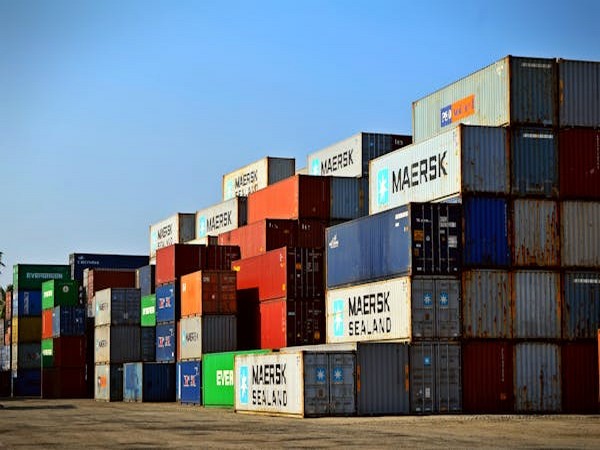GTRI unveils blueprint for india's export surge in first 100 days of new govt
This plan, encompassing 13 key issues, seeks to set the tone for policy direction and governance, fostering a conducive environment for robust export growth.

- Country:
- India
The Global Trade and Research Initiative (GTRI) has unveiled a comprehensive blueprint aimed at turbocharging India's export promotion efforts during the initial 100 days of the new government's tenure, set to commence in June 2024. This plan, encompassing 13 key issues, seeks to set the tone for policy direction and governance, fostering a conducive environment for robust export growth.
The significance of the first 100 days cannot be overstated, as it provide a critical window to delineate the trajectory of governance. With this in mind, GTRI has meticulously crafted a roadmap to propel India's export sector forward, emphasising the imperative of addressing various challenges and seizing opportunities to bolster export performance.
Among the recommendations put forth by GTRI is a call to disburse Remission of Duties or Taxes on Export Products (RODTEP) incentives in cash, rather than in the form of e-scrip. This move will enhance liquidity for small firms, ensuring that they receive tangible benefits promptly, thereby facilitating smoother operations and expansion.
Additionally, streamlining e-commerce export rules is highlighted as a critical measure to empower a vast array of Indian firms to enter the export market. Simplifying regulations governing various aspects, such as banking, customs, and GST would enable a seamless transition for these firms, fostering inclusivity and diversity in India's export portfolio.
The blueprint also underscores the imperative of reducing India's reliance on Chinese imports for critical items such as active pharmaceutical ingredients (APIs), solar cells, and electric vehicle (EV) batteries. By incentivizing the production of these items domestically, India can enhance its self-reliance while mitigating the risks associated with overdependence on imports from a single source.
Furthermore, proactive measures are advocated to counter the adverse effects of European climate regulations, which pose potential challenges to India's export prospects. Crafting a robust action plan to navigate these regulatory hurdles is deemed essential to safeguarding India's interests and maintaining its competitiveness in the global market.
In the realm of international trade agreements, GTRI underscores the need for transparency and evaluation of India's existing Free Trade Agreements (FTAs). Publishing a comprehensive report assessing the effectiveness of these agreements would provide valuable insights into their impact on export growth, guiding future trade negotiations and strategies.
Moreover, the blueprint emphasises the importance of building alliances and strengthening partnerships to amplify India's voice and influence at the World Trade Organization (WTO). By fostering collaboration with like-minded nations, India can enhance its capacity to shape global trade policies and safeguard its interests on the international stage.
Addressing bottlenecks in trade facilitation is another key focus area outlined by GTRI. The establishment of a National Trade Network (NTN) is proposed to streamline export-import-related compliance processes, enabling seamless interactions between stakeholders and reducing bureaucratic hurdles.
Additionally, standardising incentives across various manufacturing schemes, such as Special Economic Zones (SEZs) and Export Oriented Units (EOUs), is advocated to eliminate inconsistencies and facilitate smoother transitions for businesses. By aligning benefits and exemptions, the government can incentivize export-oriented activities and promote a conducive business environment.
GTRI's comprehensive blueprint offers a strategic roadmap to invigorate India's export sector and position the country as a global trade powerhouse. By implementing these recommendations within the first 100 days of the new government's taking oath, India can chart a course towards sustainable economic growth and prosperity. (ANI)
(This story has not been edited by Devdiscourse staff and is auto-generated from a syndicated feed.)










